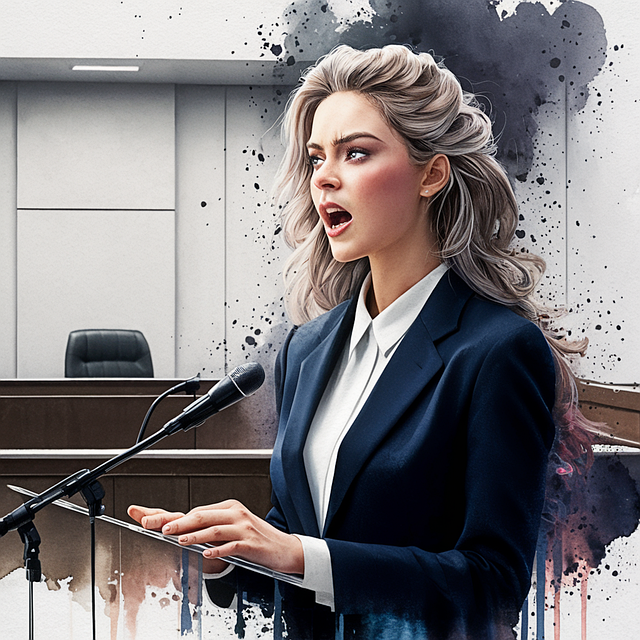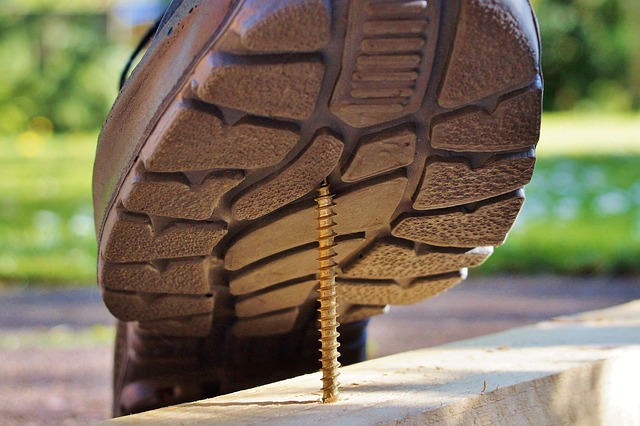Motorcycle accidents among teens pose significant risks due to inexperience, maturity gaps, and lack of protective features compared to cars. Head injuries are a major concern, ranging from concussions to traumatic brain injuries (TBIs). Early detection of symptoms like headaches, dizziness, and slurred speech through thorough examinations and imaging tests is crucial for effective treatment. Proper post-accident care includes monitoring vital signs and cognitive rehabilitation therapy, with parents playing a key supportive role. Prevention strategies involve helmet use, motorcycle maintenance, defensive riding techniques, understanding traffic laws, and practicing safe driving habits.
Motorcycle accidents pose unique risks for teen riders, with head injuries being a significant concern. This article delves into the understanding of such accidents, their dangers, and the specific types of head injuries that can occur. We explore symptoms, diagnosis, and post-accident care, offering valuable insights into recovery and prevention strategies. Recognizing the importance of swift action and proper management, this guide equips parents and teens with knowledge to navigate these challenging situations.
- Understanding Motorcycle Accidents and Their Risks for Teen Riders
- Recognizing Head Injuries: Types, Symptoms, and Diagnosis
- Post-Accident Care, Recovery, and Prevention Strategies
Understanding Motorcycle Accidents and Their Risks for Teen Riders

Motorcycle accidents, especially among teen riders, carry unique risks due to a combination of factors. Teenagers often lack experience and maturity when operating motorcycles, which can lead to mistakes that may have severe consequences. The open nature of motorcycles exposes riders to potential dangers, such as lack of protection from impacts compared to vehicles with safety features. Head injuries are particularly concerning in motorcycle accidents, as they can range from mild concussions to life-threatening conditions like traumatic brain injuries (TBIs). Understanding these risks is crucial for both teens and their parents or guardians.
In addition to the inherent dangers, teen riders might face challenges unrelated to driving but still impactful. Issues like nursing home neglect, partnership disputes, or contract disputes can indirectly contribute to an increased risk of motorcycle accidents due to stress, distraction, or financial strains. Therefore, it’s essential to approach motorcycle safety holistically, addressing both riding skills and personal well-being.
Recognizing Head Injuries: Types, Symptoms, and Diagnosis

Recognizing head injuries after a motorcycle accident is crucial for teen riders and their caregivers. These injuries can range from mild concussions to severe traumatic brain injuries (TBIs), with symptoms varying widely depending on the type and severity. Common signs of a potential head injury include headaches, dizziness, nausea, blurred vision, and slurred speech—symptoms that may manifest immediately or develop over time.
Diagnosis involves medical professionals conducting thorough examinations, including mental status assessments, imaging tests like CT scans, and sometimes MRI or EEGs. Early detection is vital as it enables prompt treatment, which can significantly influence recovery outcomes for young riders experiencing auto accident injuries. It’s important to remember that even seemingly minor head traumas should be taken seriously, as they can lead to long-term complications if left untreated, especially in the context of teen riders facing challenges like partnership disagreements or caregiver abuse.
Post-Accident Care, Recovery, and Prevention Strategies

After a motorcycle accident resulting in a head injury, proper post-accident care is paramount for teen riders. Immediate medical attention should be sought to assess and manage any traumatic brain injuries (TBI). This includes monitoring vital signs, scanning for intracranial bleeding or swelling, and ensuring the rider’s stability. Following initial treatment, a comprehensive recovery plan is crucial. This involves rest, cognitive rehabilitation therapy, and gradual return to physical activities. Parents or guardians play a vital role in supporting their teen’s healing process by providing a safe environment, encouraging therapeutic exercises, and assisting with any necessary adjustments to daily routines.
Prevention strategies are key to minimizing the risk of motorcycle accident head injuries. Teen riders should always wear properly fitted helmets certified by recognized standards, such as DOT or SNELL. Ensuring the motorcycle is well-maintained and equipped with safety features can also reduce the impact of accidents. Additionally, educating teens about defensive riding techniques, understanding local traffic laws, and practicing safe driving habits can significantly lower the likelihood of collisions and subsequent head injuries—whether in a motorcycle accident, truck accident, or other vehicle incidents. Remember, property damage claims and product liability are important considerations following an accident, but proactive safety measures are the first line of defense.
Motorcycle accidents can have severe consequences, especially for teen riders, with head injuries being a significant concern. By understanding the risks, recognizing different types of head traumas, and implementing post-accident care strategies, we can enhance safety and promote faster recovery. Remember, prevention is key; equip yourself with knowledge and take necessary precautions to navigate the roads safely.






